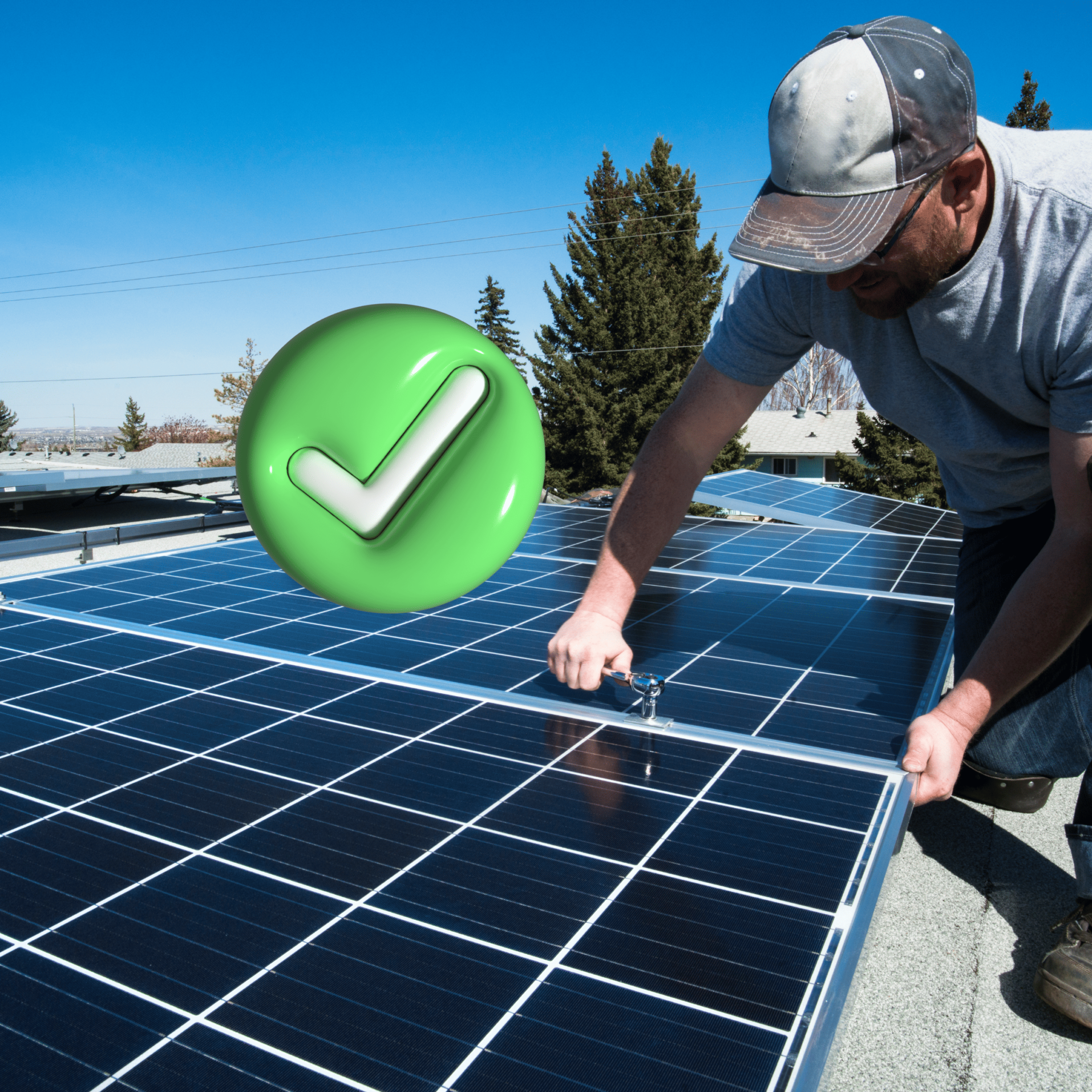1. Solar Panel Efficiency
Efficiency is a critical factor when assessing the quality of solar panels. It refers to the panel’s ability to convert sunlight into electricity. High-efficiency panels produce more electricity from the same amount of sunlight compared to lower-efficiency panels. While high-efficiency panels may cost more upfront, they often provide better long-term returns by generating more electricity over their lifespan.
2. Manufacturer Reputation
Choose solar panels from reputable manufacturers with a track record of quality and reliability. Research the manufacturer’s history, customer reviews, and industry certifications. Established manufacturers often provide more extended warranties, giving you added peace of mind.
3. Warranty Coverage
A strong warranty is a sign of quality. Solar panel warranties typically include two components: a performance warranty and a product warranty. The performance warranty guarantees that the panels will produce a certain percentage of their rated power output over a specified period (e.g., 25 years). The product warranty covers defects in materials and workmanship. Look for warranties that offer at least 25 years of performance and product coverage.
4. Type of Solar Cells
Solar panels can have different types of solar cells, including monocrystalline, polycrystalline, and thin-film. Monocrystalline panels are known for their high efficiency and space-saving design, while polycrystalline panels offer a cost-effective option. Thin-film panels are lightweight and flexible but generally less efficient. Consider your space and budget when choosing the type of cells.
5. Certifications and Standards
High-quality solar panels often adhere to industry certifications and standards. Look for panels that are certified by organizations like the International Electrotechnical Commission (IEC), the Underwriters Laboratories (UL), and the International Organization for Standardization (ISO). These certifications indicate that the panels have undergone rigorous testing for safety and performance.
6. Temperature Coefficient
The temperature coefficient measures how a solar panel’s efficiency decreases as the temperature rises. High-quality panels have a lower temperature coefficient, meaning they are less affected by heat. Panels with better temperature coefficients perform more consistently in hot climates.
7. Panel Degradation Rate
Quality solar panels degrade at a slower rate over time. Look for panels with a low annual degradation rate, typically around 0.5% or less. This ensures that your panels will continue to perform well over the years.


